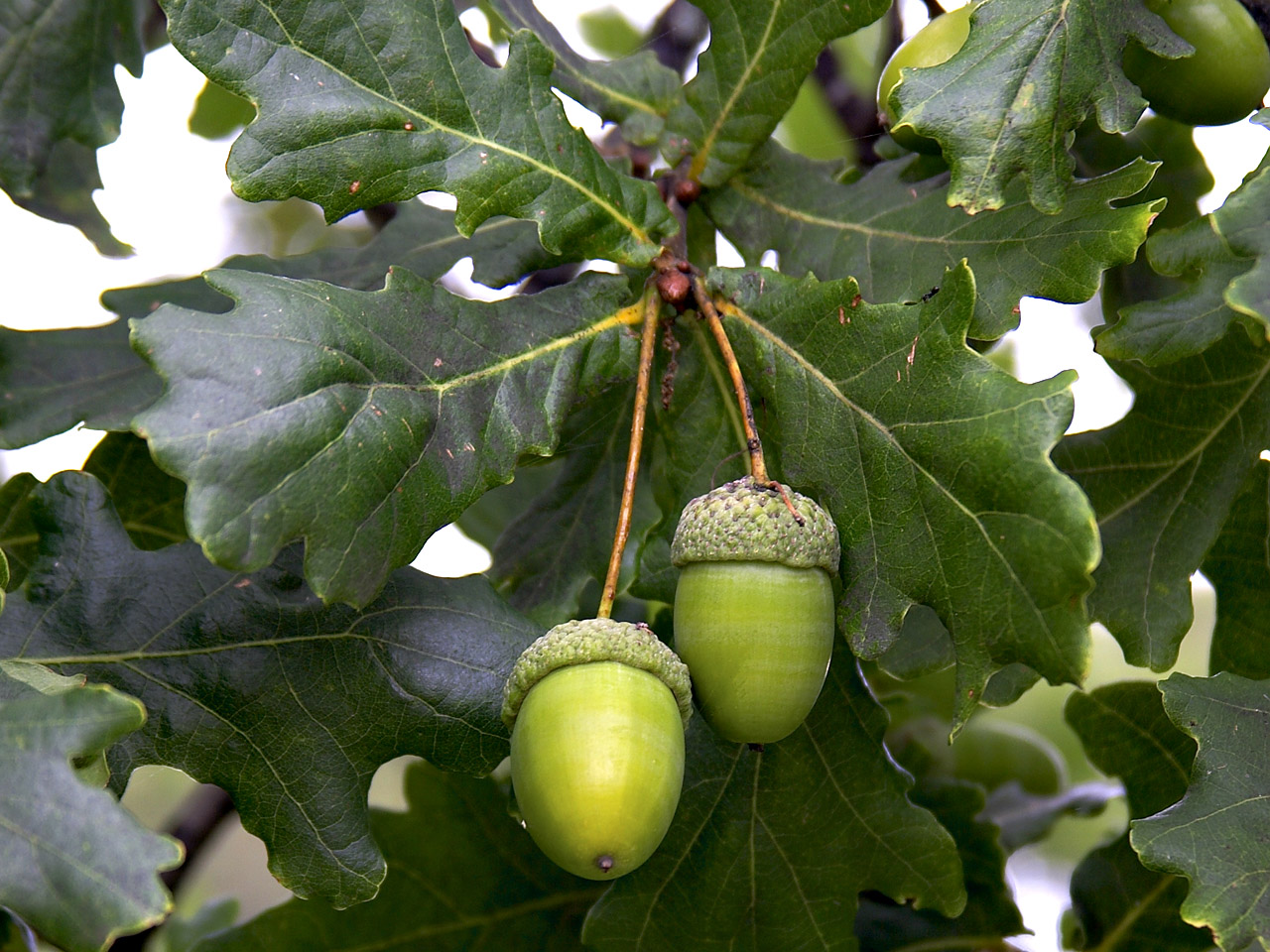
After the wettest summer on record we can be forgiven for forgetting but water is a precious commodity and needs to be used carefully. Here are
a few ideas on how to make the most of it and still carry on gardening
successfully.
Make every drop go a bit further
Improve the soil structure in your garden by digging in a soil improver early in the season. Plan this one for next year!
Use quality composts like those produced by
Vital Earth with naturally slow moisture and nutrient release –
especially in tubs and baskets and container gardening in general
Get a water butt
Collect rainwater from the roof area of sheds, garages and
conservatories. We recommend one with a lid on to reduce evaporation. The Council sells specially discounted water butts via
www.shropshire.getcomposting.com
 Water before planting
Water before planting
Water the bottom of the planting hole thoroughly. The hole will hold water over the root ball of your plant.
Water thoroughly but less often
Frequent small amounts of water tend to encourage roots to the surface
and make plants more prone to drought. Try to really get the water down
to the roots through a tube if necessary.
Keep weeds under control
Don’t waste water on the weeds! Hoeing between plants will kill off
annual weeds but unfortunately it also leads to greater evaporation from
the soil surface. So this is where mulching comes in!
Have a good old mulch!
A layer of material spread over the surface of exposed soil will reduce
evaporation – as well as suppressing more weeds and insulating roots in
colder weather. It also shades the soil and keeps it cooler in the hot
weather. You can use any organic matter including straw and grass
clippings, but for a more appealing appearance, try bark. Lovely golden
pine bark chips will help soil retain moisture six times longer.
Organic matter will also help as it also improves the soil structure. Organic
top soil or
farm manure will help and remember to dig in any compost from old
growbags, containers and baskets, once they are finished with.
Only mad dogs and Englishmen go out in the midday sun....
So says the song and this applies to watering too. Water early morning
or evening otherwise the sun and the wind evaporate water from the soil
surface and you risk burning your plants.
You can use so-called grey water in the garden ie from baths or washing,
but only apply around plants growing directly in the ground or onto
lawns – not on container plants.
Plant drought resistant plants
Some plants enjoy dry soils so look out for lavender, geraniums, verbascum, buddleia, achillea, sedums, and spirea.
This article was donated by our composting parters at
Vital Earth.




























